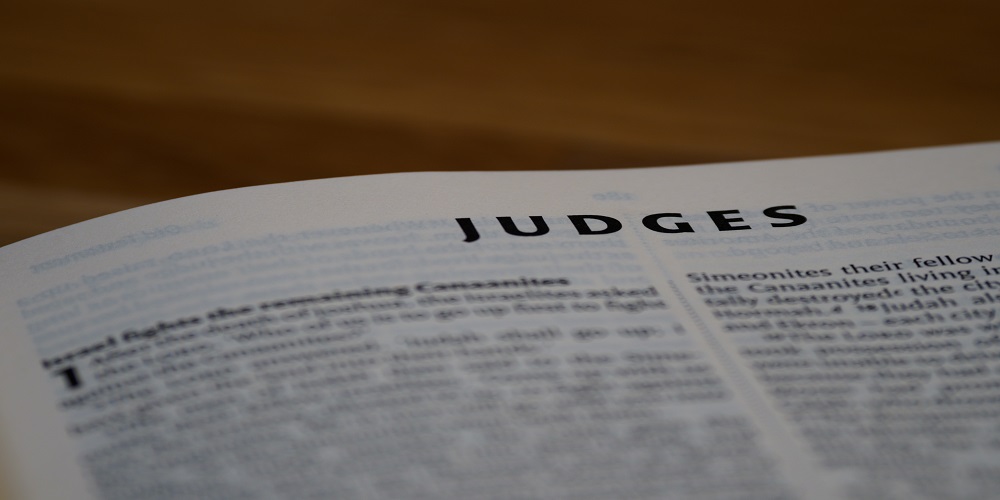What you need to know about the Attorney-Client Privilege
Attorney-client privilege is an essential part of the legal system. It lets clients talk freely and honestly with their lawyers. They don’t have to worry that what they say will get out. Laws in Canada recognize this protection. You can visit your local criminal law firm to understand the importance of this privilege. It protects the privacy of conversations between an attorney and their client. Here are five essential things you should know about attorney-client privilege:

1. The Privilege Can Be Used to Protect Confidential Communications
It is when a formal demand is made for attorney-client communications. It is a discovery request or an order for the lawyer to testify under oath. The privilege can be raised to protect those communications. The lawyer or client can use the privilege as a defence against the demand. It would stop the private information from being given out.
It’s important to remember that the client, not the lawyer, can choose not to use attorney-client privilege as a defence. It means the client can relinquish the right to privacy and share the information.
2. The Privilege Only Applies to Communications in an Attorney-Client Relationship
There is only attorney-client privilege when a connection between an attorney and a client exists. It means the contact must be made while seeking, getting, or giving legal help. The privilege doesn’t cover casual chats or talks that have nothing to do with providing legal advice.
3. The Purpose of Attorney-Client Privilege is to Promote Honest and Open Communication
The goal of attorney-client privacy is to keep conversations with their lawyer private. It lets clients be sincere and open with their lawyers. It gives them all the information they need to defend themselves in the best way possible.
If clients didn’t have this right, they might be afraid to tell important information that could help their cause. It could hurt the case result and make it hard for the lawyer to give the best defence possible.
4. Four Elements Must Be Met for Attorney-Client Privilege to Apply
When four specific things happen, attorney-client protection goes into effect. The communication must be:
- Made between two people with special rights (the lawyer and the customer)
- In confidence
- To look for, get, or give legal help
- A communication
If these things are missing, attorney-client privilege may not protect the conversation.
5. Communications Made in the Presence of a Third Party May Not Be Protected
Attorney-client privacy may not apply to client and lawyer conversations before a third party. It is because the conversation might not be considered private if it happens in front of someone who isn’t protected by the privilege.
Final words on Attorney-Client Privilege
Attorney-client privilege is an essential part of the legal system. It is because it lets customers talk to their lawyers freely and honestly. Knowing when this right applies and when it might not is critical. Understanding the basics of attorney-client privilege is essential. Clients and lawyers can work together to protect private communications and build strong legal cases. Contact us to know more about attorney and client privileges.



